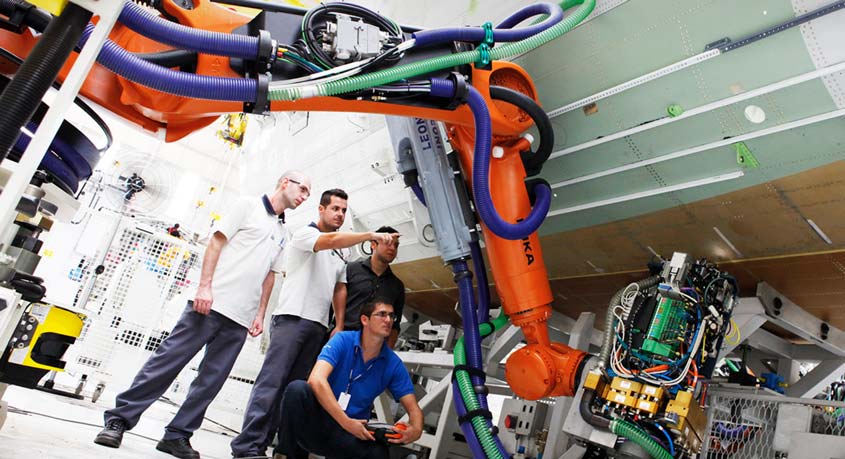Marcopolo, one of Brazil’s largest automotive manufacturers and a global leader in bus production, is making significant strides toward electric bus manufacturing to meet the growing demand for sustainable urban mobility solutions. As cities around the world look for greener alternatives to traditional public transportation, Marcopolo is positioning itself as a key player in the electric bus market.
Development of Electric Bus Models
In recent years, Marcopolo has focused on developing electric bus models that can cater to the specific needs of urban environments. These buses are designed to reduce greenhouse gas emissions, improve air quality, and offer a quieter alternative to diesel-powered vehicles. Marcopolo’s electric buses are equipped with advanced battery technology, enabling longer ranges and shorter charging times, which are critical for urban transportation networks.
Partnerships with Global Leaders in Electric Mobility
To accelerate its transition to electric bus production, Marcopolo has partnered with global leaders in electric vehicle (EV) technology. The company has established collaborations with battery manufacturers and EV infrastructure providers to integrate state-of-the-art technologies into its buses. These partnerships are helping Marcopolo stay competitive in the growing electric bus market while ensuring that its vehicles meet international standards for safety and efficiency.
Sustainability and Urban Mobility
Marcopolo’s electric buses are part of a broader commitment to sustainability and urban mobility. The company’s goal is to contribute to the decarbonization of urban transportation by providing cities with eco-friendly alternatives to conventional buses. By reducing emissions and improving energy efficiency, Marcopolo’s electric buses are helping cities transition to cleaner, more sustainable transportation systems.
Government Support for Electric Bus Adoption
In Brazil and other countries where Marcopolo operates, government support has been instrumental in promoting the adoption of electric buses. Various cities have introduced incentives for electric bus purchases, such as tax breaks and subsidies for public transportation operators. Marcopolo has been working closely with governments and city planners to design electric bus models that meet local needs and comply with environmental regulations.
Challenges and Future Outlook
While Marcopolo’s push toward electric bus manufacturing represents a significant step forward, the company faces challenges related to the high costs of electric vehicle components and the need for expanded EV infrastructure. However, as the global market for electric vehicles continues to grow, Marcopolo is well-positioned to capitalize on the increasing demand for sustainable transportation solutions.
Looking ahead, Marcopolo aims to expand its electric bus offerings and increase production capacity to meet both domestic and international demand. The company’s commitment to innovation and sustainability ensures that it will remain a leader in the electric bus market for years to come.
Conclusion
Marcopolo’s transition to electric bus manufacturing marks a critical step in addressing the growing demand for sustainable urban mobility solutions. Through strategic partnerships, advanced technology, and a focus on sustainability, Marcopolo is leading the way in the development of electric buses in Brazil and beyond. As cities continue to adopt greener public transportation systems, Marcopolo’s electric buses will play a crucial role in shaping the future of urban mobility.



